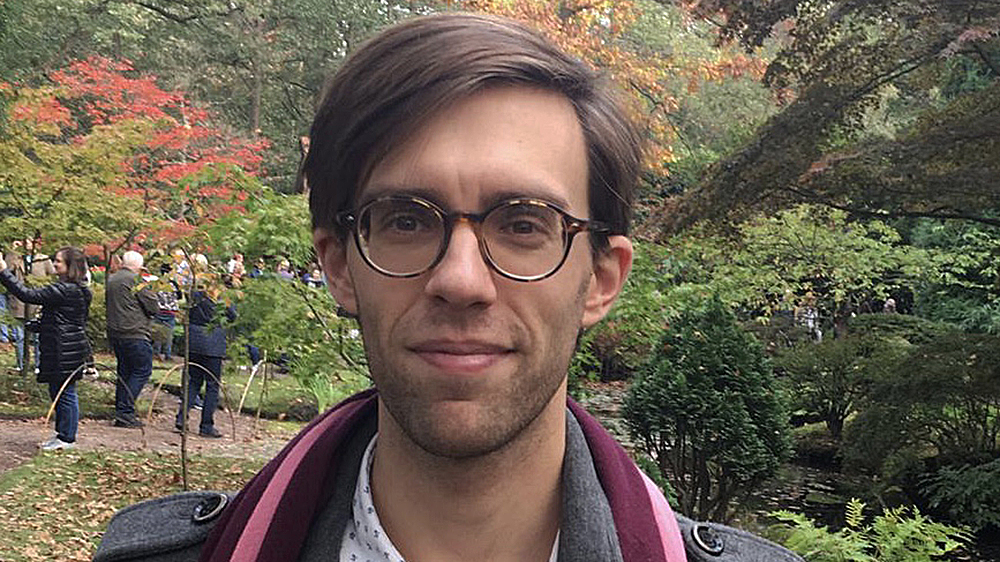Guyana has recently filed a case against Venezuela at the ICJ, concerning the validity of the 1899 arbitral award that had (presumably) settled the Essequibo sovereignty dispute between the two States.
Beyond issues of validity of the arbitral award, the case constitutes an interesting example of creative international dispute settlement. On one level, creativity emerges from the proceduralized dispute settlement process enshrined in the 1966 Geneva Agreement and the prominent role of the UN Secretary-General in that process. On another level, creativity emerges from the interpretation of the 1966 Geneva Agreement by the ICJ in the preliminary objections judgment of 18 December 2020, which gave rise to dissent from within the ICJ itself.
This presentation will explore the background of the Guyana v. Venezuela dispute, subsequently to focus on the creative aspects of the 1966 Geneva Agreement and of the ICJ’s reasoning in its 2020 preliminary objections judgment.
The final suggestion is that, while proceduralized dispute settlement processes could give States the appearance that they are retaining control over the process itself, that is not necessarily the case in practice; much depends on the exact wording of a treaty and on the evidence of the parties’ intention when concluding such a treaty, as instruments of (creative) treaty interpretation by the ICJ.
About the speaker
Massimo Lando joined the School of Law as Assistant Professor in August 2020. His academic research is in general international law, with a special focus on the law of the sea and the settlement of international disputes by judicial process. Prior to joining the School of Law, he served as Associate Legal Officer at the International Court of Justice, working in the chambers of Judge Dalveer Bhandari and Judge ad hoc Charles N. Brower (March 2017–July 2020). He previously interned at the International Tribunal for the Law of the Sea (July 2014–September 2014). Massimo completed his PhD at the University of Cambridge (November 2017), writing a thesis on the establishment of maritime boundaries under international law (cambridge.org).
Organizer
The seminar is part of a new seminar series on "Delimitation agreements, Sovereignty, and Jurisdiction Claims: Current Trends, Recent Cases and Future Perspectives".
The series is co-organised by the Research Group on Natural Resources Law , the Research Group on International Governance, and Research Group on Human Rights in Armed Conflict, Peace and Security Law of the University of Oslo, Faculty of Law.
